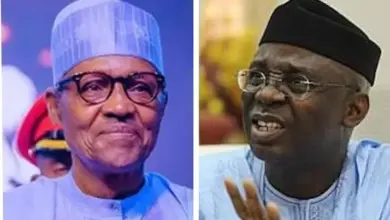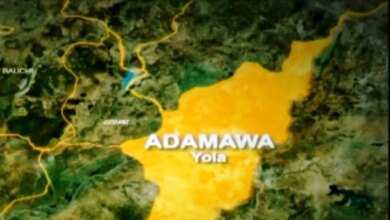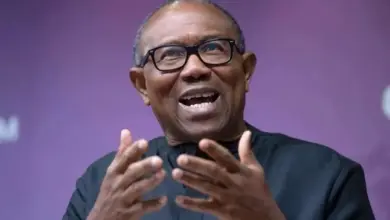Ghana’s Gold Purchase Programme in focus as AfDB urges African nations to back currencies with key minerals


African countries have been urged to leverage their vast mineral resources to stabilise weakening local currencies against major foreign currencies — a proposal that mirrors Ghana’s gold purchasing programme.
Ghana introduced the innovative initiative a few years ago to significantly increase its gold reserves at the Central Bank. The reserves were intended to back the national currency and facilitate barter trade, particularly for essential imports such as oil, thereby reducing reliance on foreign exchange.
In a bold move to reshape Africa’s financial landscape, the African Development Bank (AfDB) has proposed a “gold standard” currency system backed by the continent’s abundant reserves of critical minerals — including cobalt, copper, lithium, manganese, and rare earth elements — which are in high global demand, particularly for clean energy and technology production.
Despite Africa holding a large share of the world’s critical mineral deposits, the continent continues to attract only a small portion of global energy investments. The AfDB attributes this to unstable local currencies, which discourage capital inflows and impede large-scale development projects. The Bank believes its minerals-backed currency proposal could address this challenge.
According to the AfDB, the proposed system would deliver several benefits, including strengthening local currencies, reducing the cost of capital for clean energy projects, and helping to close Africa’s $400 billion annual funding gap.
The Ghana Example
Before the AfDB’s proposal, Ghana had already taken a pioneering step through the Bank of Ghana’s Gold Purchasing Programme, launched in 2023.
The initiative has significantly increased the nation’s central bank gold reserves from just 8.7 tonnes to 37 tonnes, giving the Bank of Ghana greater capacity to support the cedi through its gold holdings — a move that aligns with the AfDB’s current proposal.
The programme also enabled Ghana to pay for critical oil imports using gold instead of U.S. dollars, at a time when the country’s foreign exchange reserves had sharply declined.
Last week, the Governor of the Bank of Ghana announced plans to inject about $1.5 billion into the economy through the Gold Purchase Programme to further support the cedi.
Experts estimate the value of Ghana’s enhanced gold reserves to be in the billions of dollars, providing the nation with substantial financial flexibility — a level of stability that would have been difficult to achieve through conventional borrowing within such a short period.
Ghana’s model, now being recognised across the continent, offers a potential blueprint for other African economies seeking to strengthen their currencies and reduce dependence on foreign capital markets.
DISCLAIMER: The Views, Comments, Opinions, Contributions and Statements made by Readers and Contributors on this platform do not necessarily represent the views or policy of Multimedia Group Limited.
DISCLAIMER: The Views, Comments, Opinions, Contributions and Statements made by Readers and Contributors on this platform do not necessarily represent the views or policy of Multimedia Group Limited.
Source link





